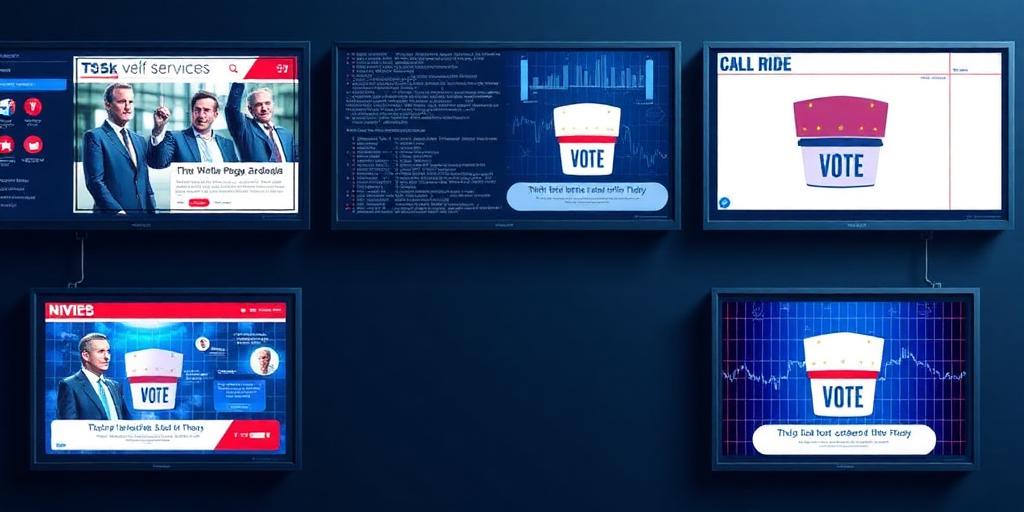Lessons from Past Tech-Influenced Elections
The intersection of technology and elections is not new, but its influence has grown exponentially in recent years. As we navigate an increasingly digital world, it's crucial to examine past elections shaped by technology to understand the potential pitfalls and opportunities for future democratic processes. This post will delve into key lessons from previous tech-influenced elections, focusing on the challenges of misinformation, data privacy, and the digital divide. By analyzing these cases, we can better prepare for and safeguard the integrity of upcoming elections.
The Rise of Misinformation
One of the most significant challenges highlighted by past elections is the rapid spread of misinformation. Social media platforms have become breeding grounds for fake news, conspiracy theories, and manipulated content that can sway public opinion.
- Lesson: Social media literacy is essential for voters. Educational initiatives and awareness campaigns can help individuals critically evaluate the information they encounter online.
- Lesson: Platforms must take responsibility for content moderation. Stricter policies, fact-checking partnerships, and transparency measures can limit the spread of harmful misinformation.
Data Privacy and Voter Profiling
Another critical issue is the use of personal data for voter profiling and targeted advertising. The Cambridge Analytica scandal, for instance, revealed how data can be harvested and used to influence voters without their explicit consent.
- Lesson: Stronger data protection laws are needed to regulate the collection, storage, and use of voter data. Individuals should have more control over their personal information and be informed about how it is being used.
- Lesson: Transparency in political advertising is crucial. Regulations should require disclosure of who is funding and targeting specific demographics with political ads.
The Digital Divide
Not everyone has equal access to technology and the internet, creating a digital divide that can disenfranchise certain segments of the population. Older adults, low-income individuals, and rural communities may lack the resources and skills to participate fully in online political discourse.
- Lesson: Bridging the digital divide is essential for inclusive elections. Governments and organizations should invest in digital literacy programs and infrastructure to ensure everyone can access and engage with online political information.
- Lesson: Traditional methods of voter outreach should not be neglected. Direct mail, community events, and phone banking can reach those who are not active online.
Conclusion
The lessons from past tech-influenced elections are clear: we must address the challenges of misinformation, data privacy, and the digital divide to protect the integrity of our democratic processes. By promoting media literacy, strengthening data protection laws, and bridging the digital divide, we can create a more informed, engaged, and equitable electorate. As technology continues to evolve, ongoing vigilance and adaptation will be essential to safeguard the future of democracy.









